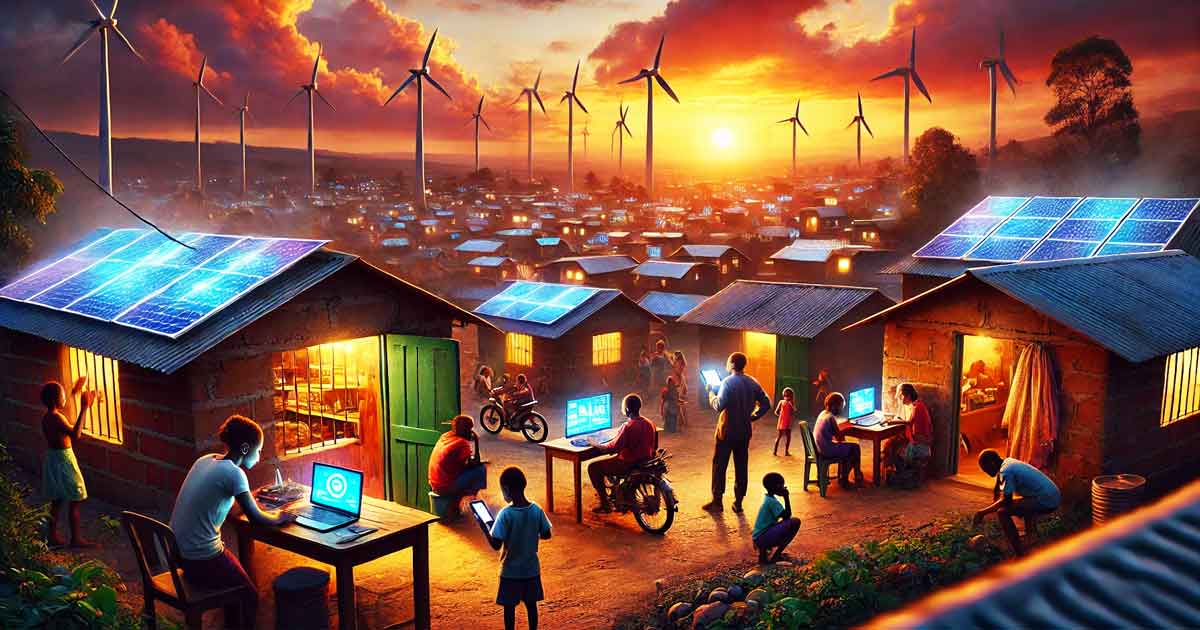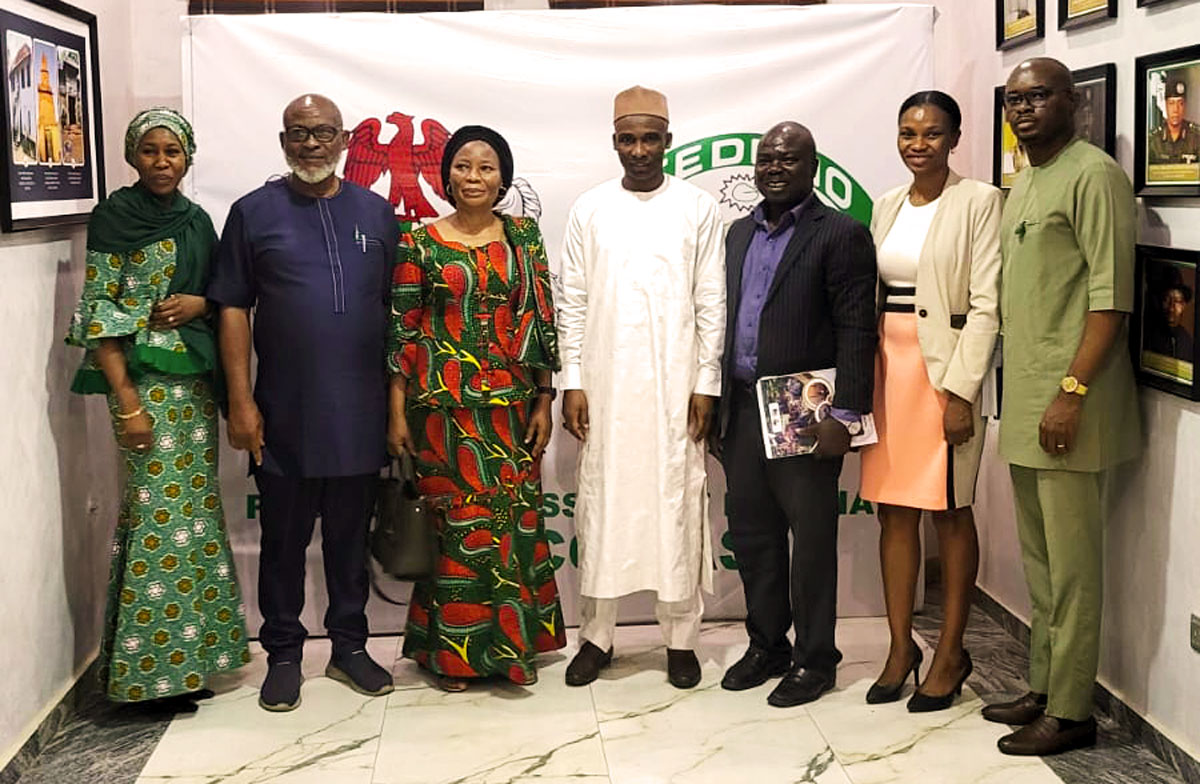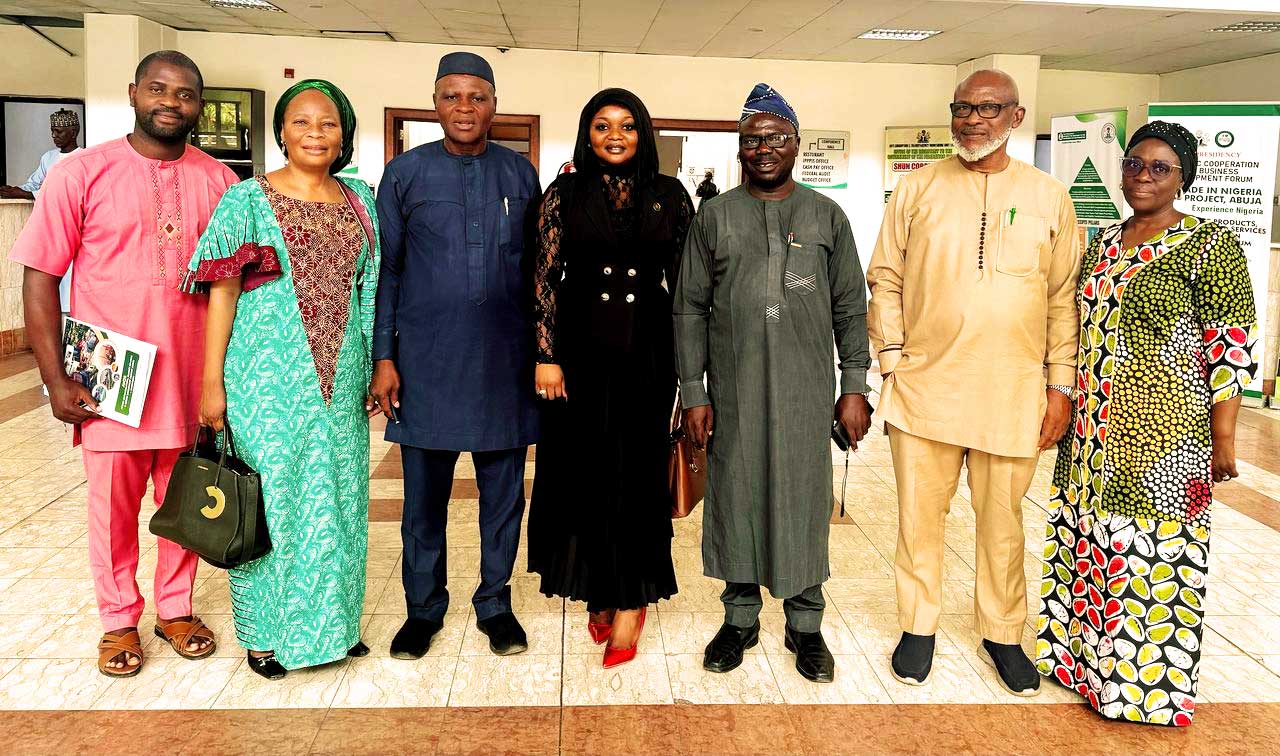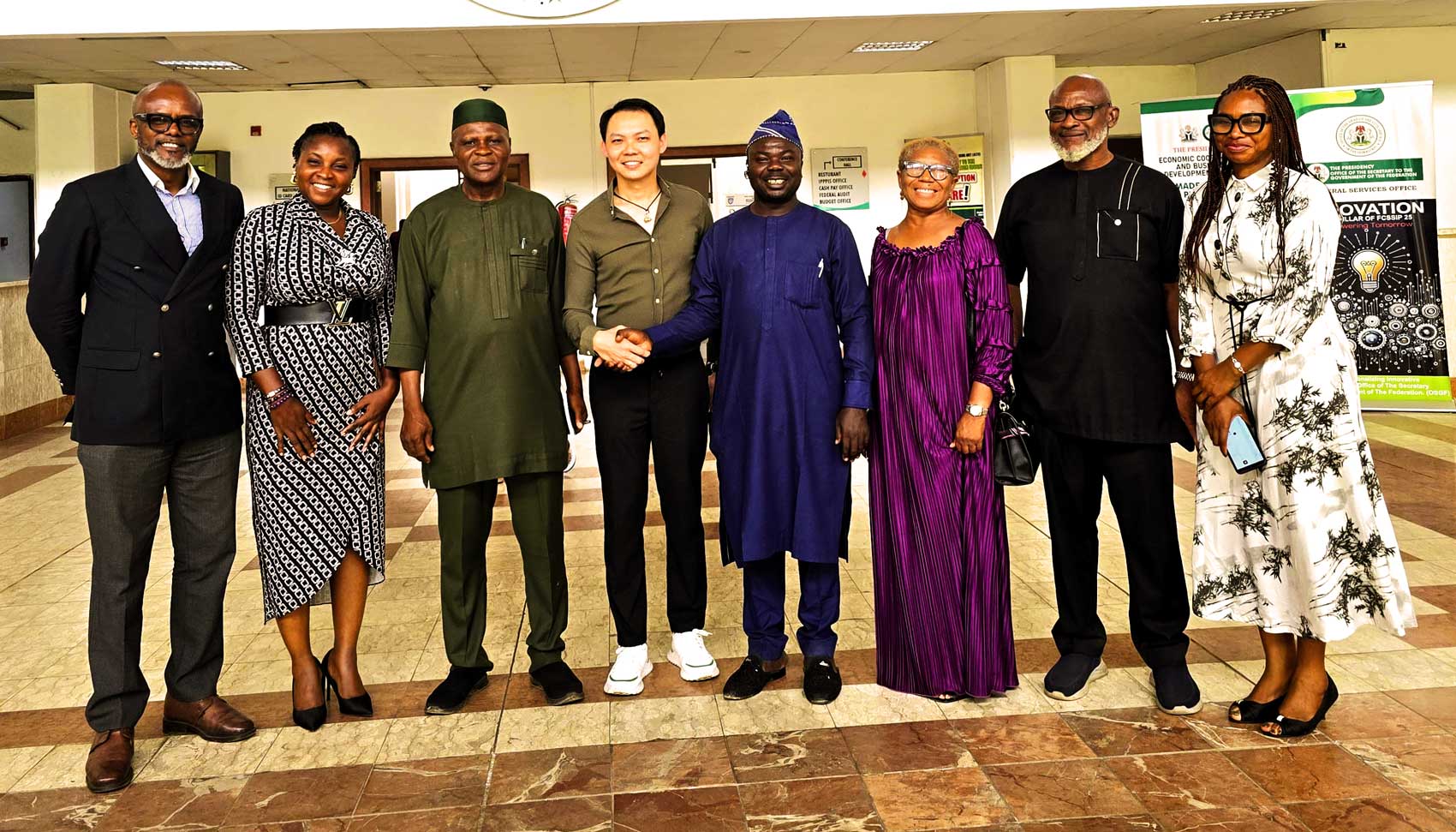Imagine a future where remote African villages shine with the same vibrant energy as the world’s megacities—a future powered not by unreliable, fossil-fuel grids, but by localized, smart energy systems that transform lives and communities. This is not a distant dream, but an emerging reality. At AICIS Nigeria, part of the Africa Multilateral Infrastructure, Climate Change, and Green Investment Summit, AICIS 2025, innovative solutions like smart microgrids are leading the charge toward a resilient, sustainable future for rural Africa. In an era where every watt counts and every community deserves reliable power, smart microgrids are emerging as the key to unlocking energy independence and environmental stewardship in the heart of Africa.
The Need for Smart Microgrids in Rural Africa
Rural Africa faces a unique set of challenges when it comes to energy access. In many remote areas, the national grid is either non-existent or woefully unreliable. Traditional energy solutions, reliant on expensive and polluting fossil fuels, have left millions without a dependable power supply. This energy shortfall not only impedes economic growth but also compromises education, healthcare, and overall quality of life.
Smart microgrids offer a compelling alternative. These decentralized energy systems integrate renewable sources such as solar, wind, and biomass with advanced control technologies to deliver consistent, reliable power. They can operate independently or in conjunction with the main grid, ensuring that even the most isolated communities have access to clean and affordable electricity. By harnessing local resources and smart technology, rural areas can achieve energy self-sufficiency, reduce greenhouse gas emissions, and stimulate local economies.
How Smart Microgrids Work
At the core of a smart microgrid is a network of interconnected renewable energy sources combined with battery storage systems and smart controllers. Here’s how they function:
- Renewable Energy Generation: Solar panels and wind turbines capture natural energy, converting it into electricity. In rural settings, abundant sunlight and consistent wind patterns make these sources particularly effective.
- Energy Storage: Batteries store excess energy generated during peak conditions, ensuring a steady supply during periods of low production or high demand.
- Smart Controllers: Advanced control systems use real-time data to balance supply and demand efficiently, optimizing energy distribution and minimizing waste.
- Local Management: These microgrids can operate autonomously, with local management systems tailored to community needs. This decentralization enhances reliability and resilience, especially during broader grid outages.
Benefits of Smart Microgrids for Rural Communities
Smart microgrids offer a multitude of advantages, transforming not only energy access but also the socio-economic fabric of rural Africa:
Economic Empowerment
Reliable power is the cornerstone of modern development. With smart microgrids, rural communities gain access to electricity that can drive local industries, support small businesses, and create jobs. Access to affordable energy enables farmers to use modern agricultural techniques, improves local manufacturing capabilities, and supports entrepreneurship in emerging sectors.
Environmental Sustainability
By harnessing renewable energy, smart microgrids significantly reduce dependence on diesel generators and other fossil fuel-based systems. This transition not only cuts carbon emissions but also curbs local pollution—ensuring a healthier environment for communities and preserving Africa’s natural beauty.
Enhanced Resilience
Smart microgrids provide consistent, reliable power that can withstand extreme weather events and other disruptions. With the ability to operate independently, these systems ensure that critical services—such as healthcare facilities, schools, and water treatment plants—remain operational during emergencies.
Social Impact
Beyond economic and environmental benefits, the social impact of smart microgrids is profound. Reliable energy access improves education by powering digital classrooms and providing connectivity for remote learning. It also enhances healthcare delivery by ensuring that clinics and hospitals have uninterrupted power for life-saving equipment.
Policy, Investment, and Community Engagement
Realizing the full potential of smart microgrids in rural Africa requires an integrated approach. Governments, private investors, and community organizations must work together to create an enabling environment that supports renewable energy projects. Key areas of focus include:
- Regulatory Reforms: Developing clear policies that incentivize renewable energy investments and streamline the deployment of microgrids.
- Green Financing: Mobilizing funds through green bonds, climate funds, and public-private partnerships to support large-scale microgrid projects.
- Capacity Building: Training local communities to manage and maintain microgrid systems, ensuring long-term sustainability.
- Community Ownership: Engaging local stakeholders in decision-making processes fosters a sense of ownership and accountability, which is essential for the success of decentralized energy systems.
AICIS 2025: The Platform for Transformation
The Africa Multilateral Infrastructure, Climate Change, and Green Investment Summit, AICIS 2025—with AICIS Nigeria at its heart—serves as a crucial forum to address these issues. The summit will feature expert panels, interactive workshops, and high-visibility exhibitions dedicated to renewable energy and smart infrastructure. Key sessions will focus on:
- The latest technological advancements in smart microgrid systems.
- Strategies for integrating decentralized energy solutions into national development plans.
- Innovative financing models and regulatory frameworks to support rural energy projects.
- Case studies from successful smart microgrid deployments in Africa and beyond.
Smart microgrids represent a paradigm shift in how rural Africa can achieve energy independence and drive sustainable development. By embracing digital innovation and renewable energy, communities can unlock their full potential, leading to economic empowerment, environmental stewardship, and enhanced social well-being.
The Africa Multilateral Infrastructure, Climate Change, and Green Investment Summit, AICIS 2025 is set to be the catalyst for this transformation. Join us as we pave the way for a resilient and sustainable future, where every community, regardless of location, can thrive in a world powered by clean, reliable energy.
Register for AICIS 2025 today and be a part of Africa’s green revolution.
#AICIS2025 #SmartMicrogrids #RenewableEnergy #SustainableAfrica #GreenInvestment #ClimateResilience #DigitalTransformation #RuralEmpowerment #CleanEnergy #FutureOfEnergy




